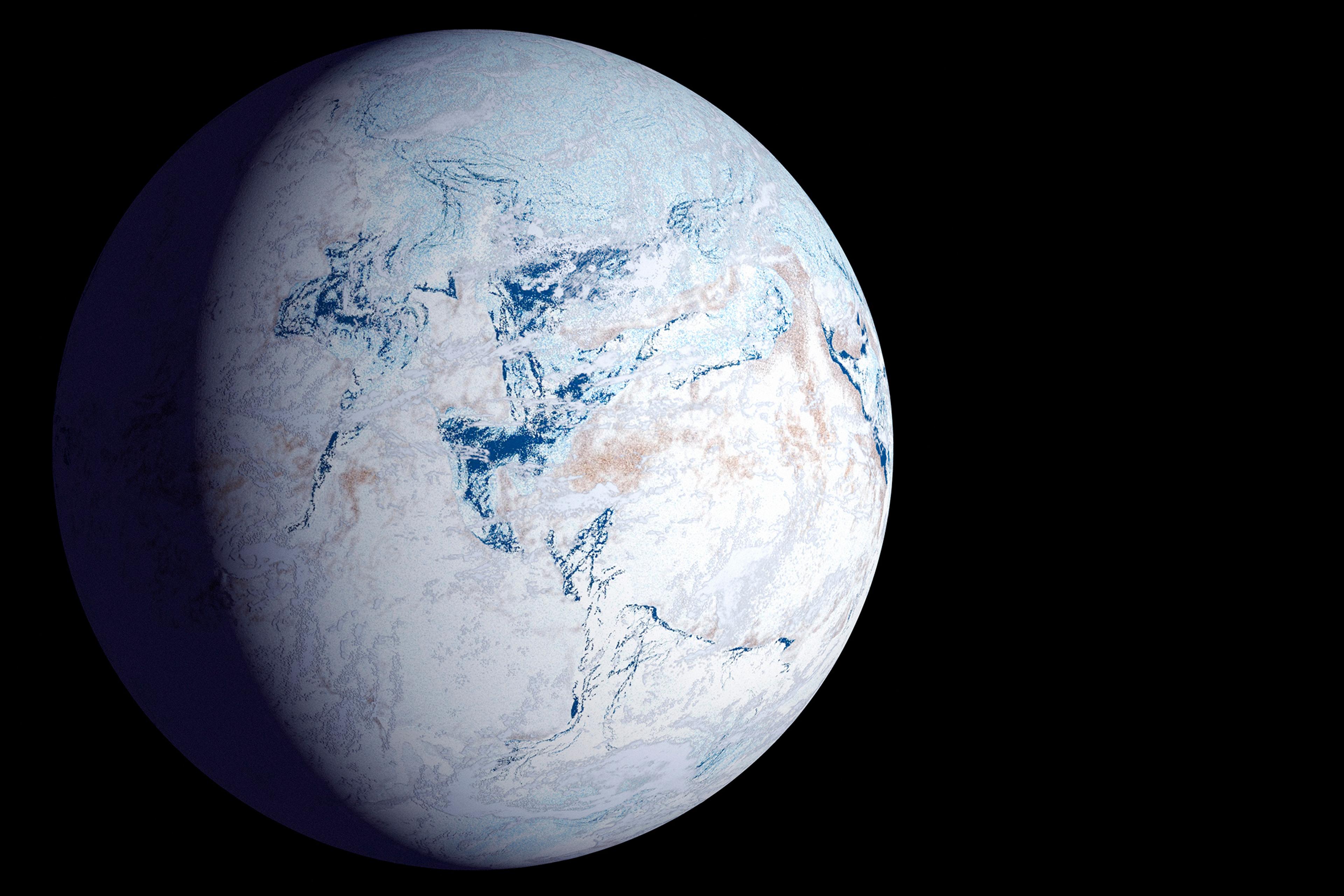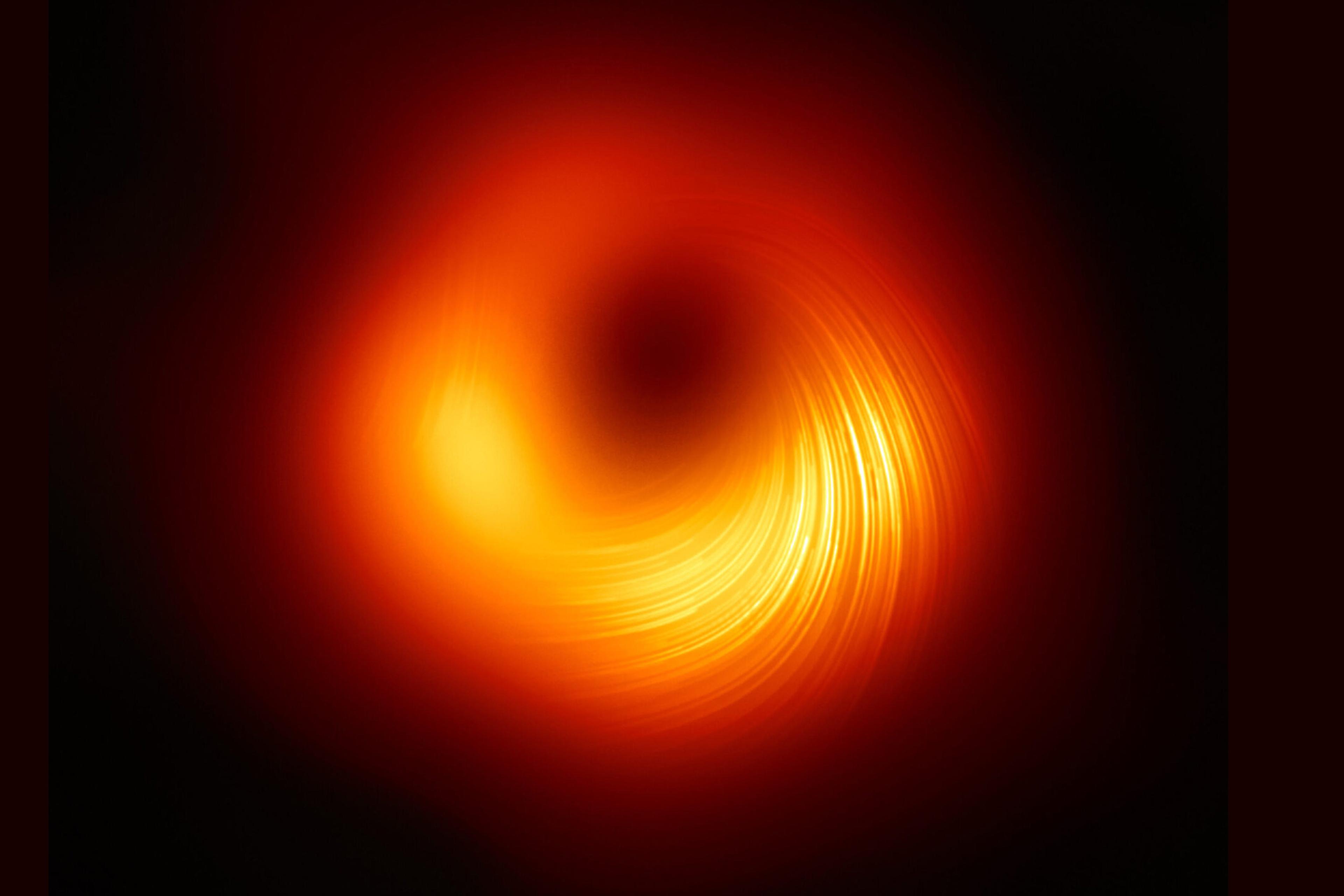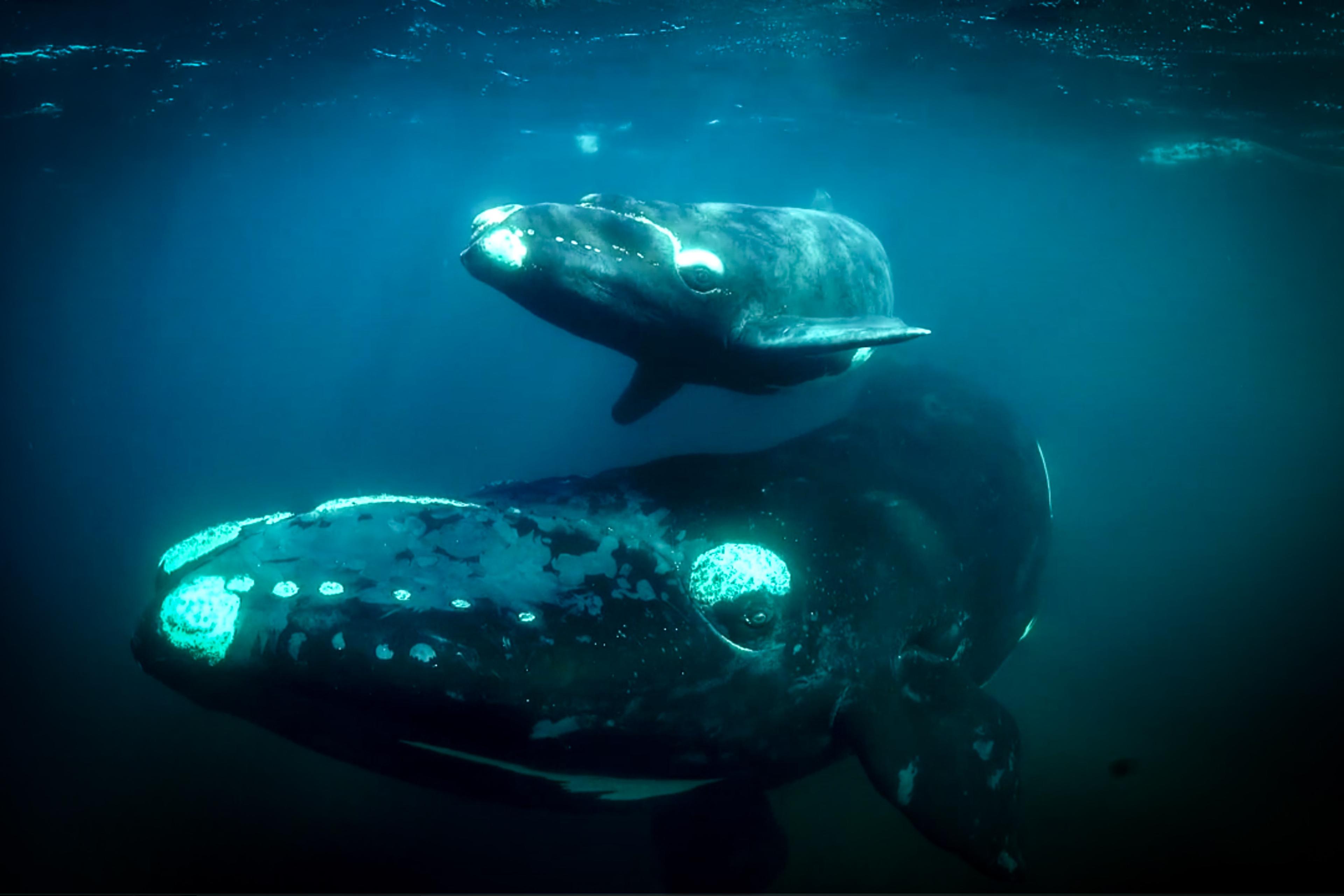Richard Fisher
Senior Editor, Aeon
Richard Fisher is a senior editor for Aeon, an honorary professor in science communication at University College London, and the author of the non-fiction book The Long View. Previously, he was an editor at the BBC and New Scientist, and a Knight Science Journalism Fellow at MIT.
What I’m looking for: For Aeon, I commission essays about science and technology. I primarily focus on the physical sciences – geology, physics, cosmology, space, oceans, climate, paleontology, chemistry, mathematics etc. In technology, I’m looking for essays that offer a psychological, philosophical or historical lens on our relationship with tech. Most of the writers I work with are academics, expert professionals, or book authors. For more details about what Aeon is looking for in a pitch, visit aeon.co/pitch
Edited by Richard Fisher

essayEarth science and climate
The snowball effect
Our planet was once a harsh, alien, icy world. Yet this deep freeze may have shaped you, me and all life on Earth
Graham Shields

essayBiology
Orcas and ourselves
Sea pandas or sadistic killers? These enigmatic creatures invite contradictory labels that say far more about us than them
Jason Colby

essayPhysics
Playing in flatland
Physicists believe a third class of particles – anyons – could exist, but only in 2D. What kind of existence is that?
Elay Shech

essayHistory of science
A light from the periphery
The life of Indian physicist Satyendra Nath Bose illuminates how scientific genius can emerge from the most unexpected quarters
Somaditya (Soma) Banerjee

essayAutomation and robotics
The synthetic self
In order to better understand our human nature, we must attempt to build a robot capable of robust subjective experiences
Tony J Prescott

essayDeep time
Long live the aeonophiles!
The discovery of organisms that have been alive for many thousands of years requires a revolution in how we understand life
Karen G Lloyd

essayCosmology
Cosmic imposters
We know that black holes are strange, but they could be hiding something even weirder beyond their horizons
Gideon Koekoek

essayEarth science and climate
Our phosphorescent world
This life-giving element, stored in rock and organic material, moves around Earth in an ancient cycle we have just broken
Jack Lohmann

essayHistory of science
Monstrification
For centuries we’ve used the declaration of ‘monster’ to eject individuals and groups from being respected as fully human
Surekha Davies

essayProgress and modernity
The explosion of choice
It’s only in recent history that freedom has come to mean having a huge array of choices in life. Did we take a wrong turn?
Sophia Rosenfeld

essayKnowledge
Holes in the web
Huge swathes of human knowledge are missing from the internet. By definition, generative AI is shockingly ignorant too
Deepak Varuvel Dennison

essayEvolution
Should we edit nature?
Countless species are dying from human-induced environmental change. Should we use genetic technology to alter and save them?
David Farrier